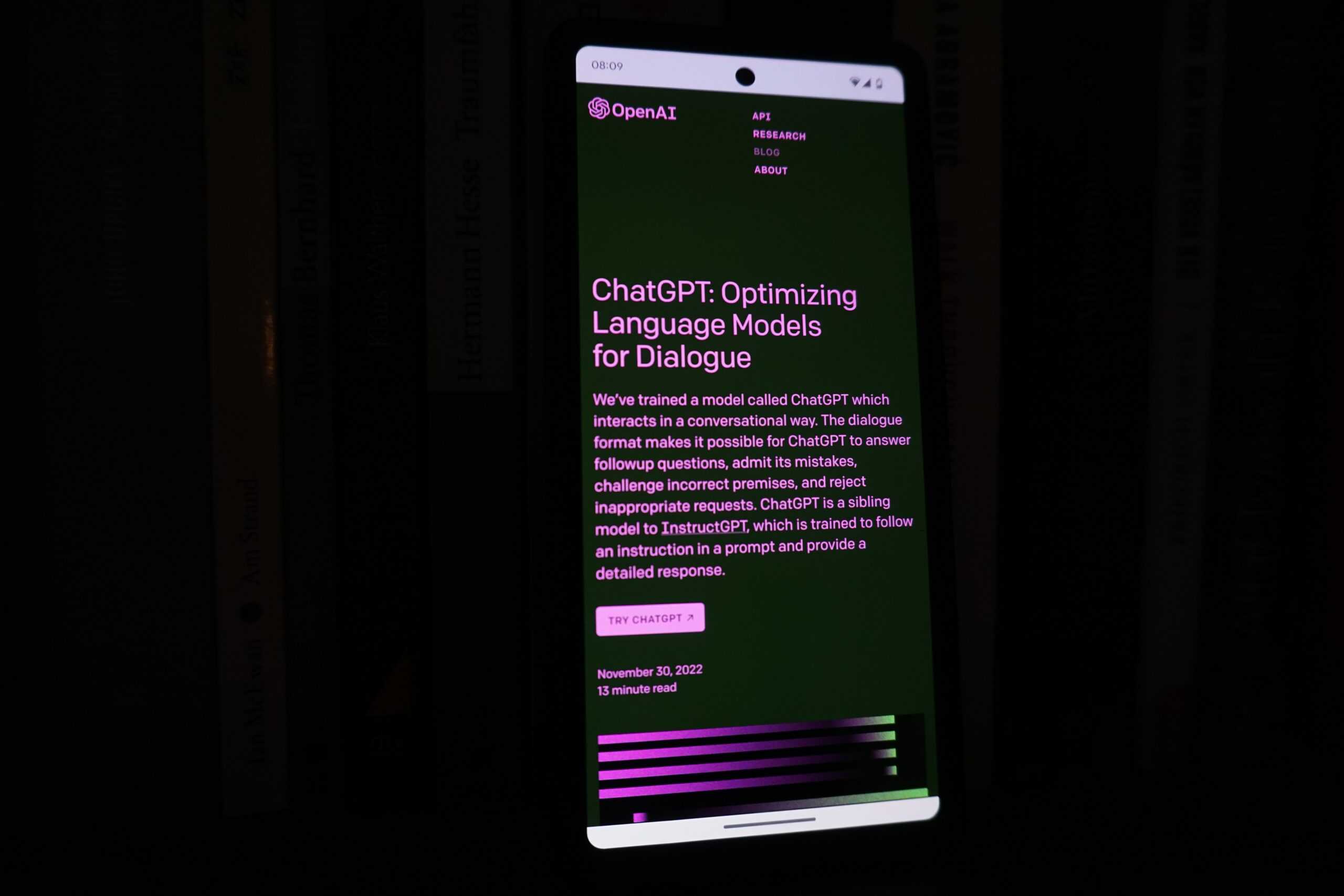Does ChatGPT Give The Same Answer To Everyone?
Are you getting the same ChatGPT responses as everyone else?

WePC is reader-supported. When you buy through links on our site, we may earn an affiliate commission. Prices subject to change. Learn more
Artificial intelligence has made remarkable strides in recent years, and the emergence of powerful language models such as Jasper and ChatGPT has ushered in a new era of generative AI.
However, as these systems become more prevalent, concerns arise regarding their consistency and accuracy. A fundamental question that often arises is whether ChatGPT provides identical answers to everyone.
Contrary to popular belief, ChatGPT does not yield uniform user responses. Its answers are shaped by a combination of factors, including the input it receives and the data it has been trained on.
While the underlying model remains constant, the output can vary significantly based on the specific prompt, contextual cues, and other influential elements. ChatGPT strives to deliver helpful and pertinent responses. Yet, its replies may diverge depending on individual perspectives or the questions’ nature.
Factors Influencing ChatGPT Responses
The responses generated by ChatGPT can vary due to several factors, highlighting its adaptive and context-driven nature.
Contextual information plays a crucial role, as ChatGPT relies on the details in the question to formulate an answer. The language and tone used in the query also influence the response, as ChatGPT aims to emulate human-like text generation.
Moreover, the training data utilized during model development can impact the answers. Biases or inaccuracies present in the training data may inadvertently manifest in the generated responses. Understanding these factors is essential for users to accurately interpret and evaluate ChatGPT’s answers.
Several factors contribute to the variation observed in ChatGPT’s responses. Understanding these elements sheds light on why the generated answers differ:
- Specific questions: The query posed to ChatGPT is crucial, as different questions elicit different responses. Variations in the wording or specificity of the questions can lead to diverse answers.
- Context of the conversation: ChatGPT considers the preceding messages or dialogue, adapting its responses accordingly. The context influences the generated answer, ensuring it aligns with the ongoing conversation.
- User’s previous interactions: ChatGPT personalizes its responses based on the user’s history and past interactions. It considers the user’s preferences and patterns established in previous conversations.
- User’s preferences: ChatGPT aims to tailor its responses to the user’s preferences, considering explicit requests or indications made during the conversation.
Modifying ChatGPT Responses
To make ChatGPT’s responses more personalized and original, there are effective methods that users can employ.
One approach is to request a revision after receiving an initial response. Users can ask for specific modifications, such as adjusting the tone, style, complexity, or length of the sentences. ChatGPT is capable of accommodating these requests and swiftly adapting its answers accordingly.
Furthermore, ChatGPT takes into account individual user preferences when generating responses. Even when confronted with the same question, the model may produce different answers to cater to users with distinct preferences.
Applying natural language processing techniques makes this ability to generate diverse responses possible. By comprehending the context of the conversation, ChatGPT ensures that its responses are relevant and tailored to the user.











